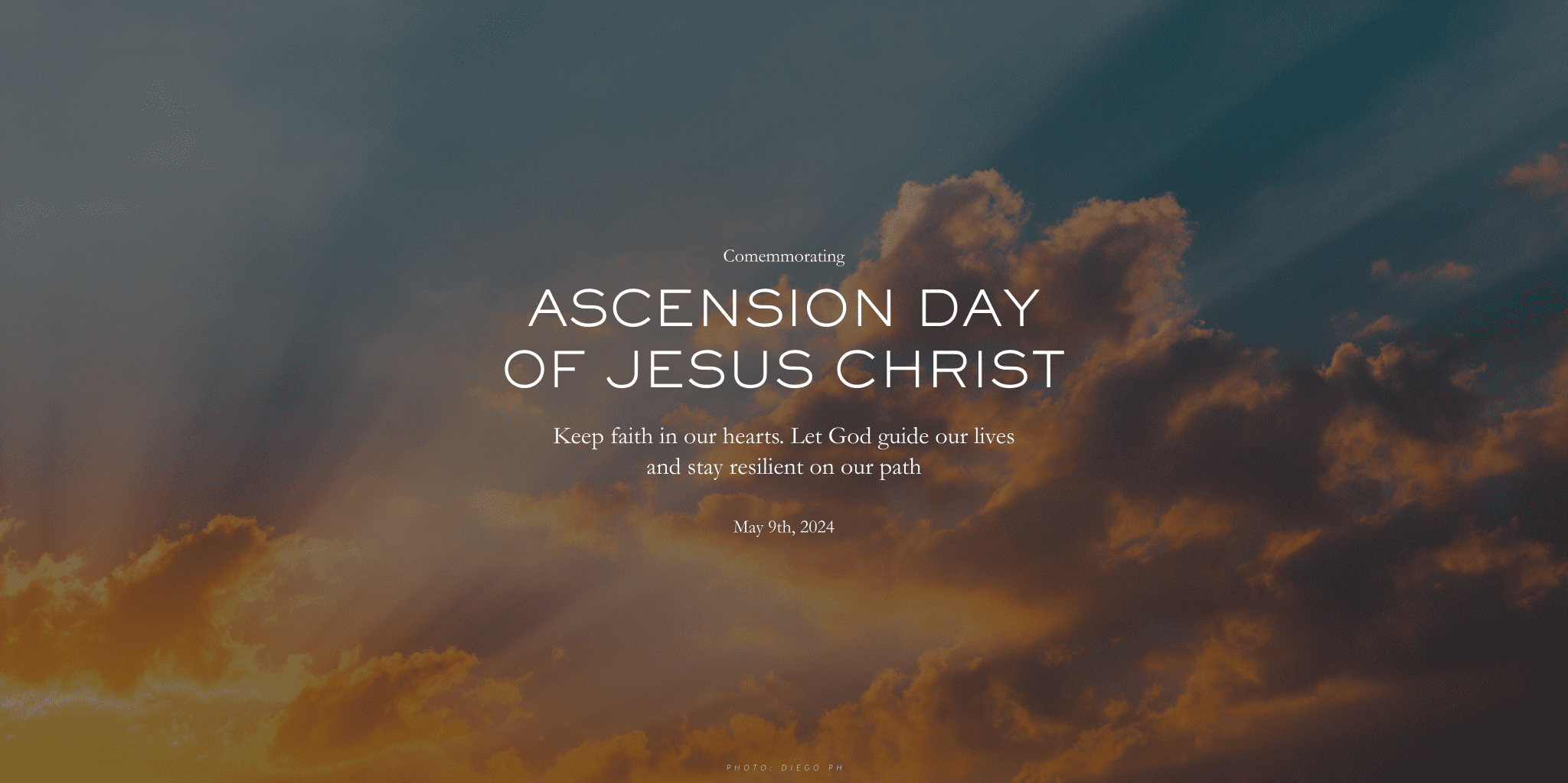In the Bahá’í calendar, the Ascension of Bahá’u’lláh, observed on the 29th of Jalál, serves as a sacred occasion of deep significance. This day commemorates the physical departure of Bahá’u’lláh, the founder of the Bahá’í Faith, in 1892. It is more than mere remembrance; it is an opportunity for introspection and spirituality, encouraging adherents to reflect on the profound teachings and the transformative legacy of this central figure.
Honoring the Ascension of Bahá’u’lláh transcends mere ritual; it encapsulates the essence of pivotal Bahá’í teachings. This day prompts followers to engage in a variety of contemplative activities that foster spiritual renewal and communal unity.
During this period, Bahá’ís engage in acts of devotion and reflection. Gatherings and ceremonies are often held in homes or community centers, providing a platform for sharing prayers, readings, and personal reflections. These gatherings not only commemorate Bahá’u’lláh’s legacy but also strengthen communal bonds among adherents. They serve as a reminder that the teachings of Bahá’u’lláh are alive within the hearts and minds of believers, inviting them to embody these principles in their daily lives.
One of the most noteworthy aspects of this day is the examination of Bahá’u’lláh’s writings. His teachings cover a vast array of subjects, including the oneness of humanity, the harmony of science and religion, and the importance of justice. Through reading and reflection upon these texts, Bahá’ís gain a deeper understanding of their responsibilities as global citizens striving for unity and peace. For instance, the emphasis on the oneness of mankind is a central tenet that calls for the dismantling of prejudices and the embracing of diversity.
Furthermore, the Ascension offers a moment for personal assessment of one’s spiritual journey. It is an invitation to explore one’s relationship with the divine and to renew commitments to personal and communal service. Engaging in acts of charity and service on this spiritual occasion aligns with the principles propagated by Bahá’u’lláh. It serves to actualize the love and compassion that Bahá’ís are encouraged to demonstrate in their everyday interactions.
The commemorative spirit of the day is also reflected in traditional prayers. Specific prayers associated with the Ascension can foster a deeper connection with Bahá’u’lláh’s essence. These prayers invoke themes of divine mercy, guidance, and strength to transcend material concerns, allowing individuals to focus on spiritual advancement. The recitation of such texts not only centers the mind but also harmonizes the spirit of the gathering, strengthening the collective resolve of the community.
Moreover, sharing stories about Bahá’u’lláh’s life and His teachings plays a vital role in honoring His memory. These narratives recount the trials He faced, His exile, the indomitable spirit with which He confronted adversity, and the profound wisdom He shared. Personal testimonies about how His guidance has impacted followers’ lives serve to enrich the community dialogue and inspire younger generations. This transmission of stories reinforces the principles of faith and strengthens the fabric of the community.
In addition to spiritual reflection, Bahá’ís often engage in artistic expressions as a form of tribute. Music, poetry, and visual arts inspired by Bahá’u’lláh’s teachings are created and shared as methods of expression. Such creativity not only cultivates personal feelings of devotion but also extends an invitation for broader audience engagement, as the beauty of art often resonates beyond conventional boundaries.
As the day approaches, it is common for communities to reflect on their programs and initiatives aimed at fostering social and environmental responsibility. Recognizing Bahá’u’lláh’s injunction to care for the world and its inhabitants, many Bahá’í communities take this time to evaluate their contributions towards building a better society. Discussions may center around effective ways to engage with local issues, promote environmental stewardship, and create spaces for interfaith dialogue and cooperation, both of which are integral to Bahá’í teachings.
Also intertwined in observances is the symbolic act of lighting candles or lamps, representing the light of truth illuminated by Bahá’u’lláh. This act is often accompanied by prayers of gratitude for the gift of His guidance and a reaffirmation of commitment to uphold His teachings. The flickering flames serve to remind individuals of their own inner light and the illumination that can be achieved through a life dedicated to service and spiritual growth.
Ultimately, the Ascension of Bahá’u’lláh is not merely a commemoration of a historical event; it represents an ongoing spiritual renaissance within the Bahá’í community. This sacred day cultivates an atmosphere ripe for reinvigorating personal faith and enhancing communal solidarity. By reflecting on the essence of Bahá’u’lláh’s teachings, Bahá’ís everywhere are empowered to live more fully in accordance with the principles of love, unity, justice, and service. These guiding ideals echo throughout the lives of Bahá’ís, shaping their actions and aspirations as they pursue both personal and collective transformation.
In conclusion, the Ascension of Bahá’u’lláh stands as a poignant reminder that the teachings of this remarkable figure are not confined to the pages of history but continue to resonate with profound relevance today. Observing this day with sincerity and intention allows Bahá’ís to anchor their spiritual lives and further develop their understanding of the interconnectedness between their beliefs and the world around them.
